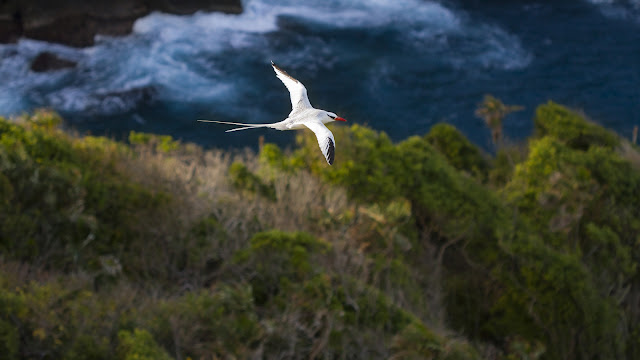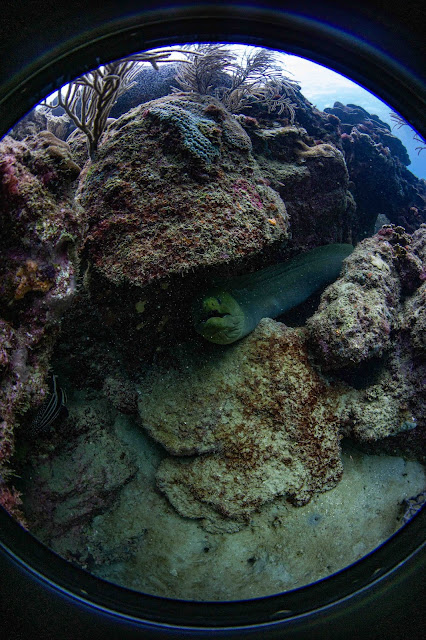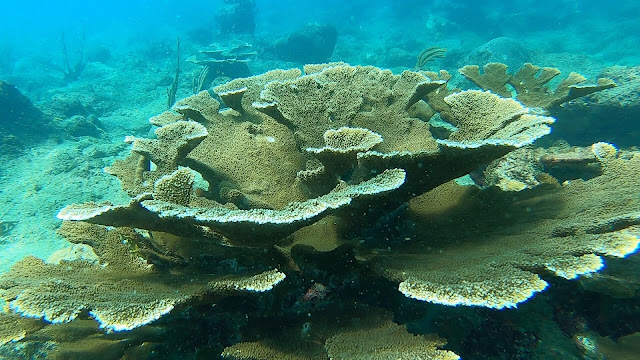Why we should stop eating sea turtles
 |
| This loggerhead turtle was recently stranded on the east coast of Trinidad with a possible boat strike injury. "Sammy" is currently undergoing treatment (Ryan P. Mannette) |
In Tobago we have a taste for turtle meat, and many of us think it is a luxury that is our right to enjoy. But it is a luxury that right now we have to learn to forego. Why?
1) Sea turtles are valuable in many ways, and we want future generations to be able to enjoy and benefit from these values.
Sea turtle products such as meat, eggs and shells have been consumed by man for thousands of years. Prehistoric peoples in the Caribbean exploited sea turtles substantially, for at least 4,000 years. There is no denying these animals are a valuable source of protein. We say sea turtles have consumptive value because their products can be consumed.
Sea turtles can also be considered valuable in terms of recreation or tourism. Like many species of wildlife, some people enjoy having close interactions with them in the wild, and pay to do so. This is most apparent with sea turtle nesting tours – for example, in 2014, 14,291 visitors were recorded at Matura beach, and tour fees totalled TT$290,276. Turtles are also encountered by divers and snorkellers, and such encounters add value to the activity. Divers are willing to pay considerably more for SCUBA dives if they will encounter sea turtles.
Arguably the greatest value of sea turtles that goes largely unnoticed, is the critical role they play in contributing to a healthy marine ecosystem. Through their diet, sea turtles contribute to healthy coral reefs, seagrass beds and fisheries.
2) Sea turtle populations are very sensitive to harvesting and can decline very quickly as we have seen in the past.
Sea turtles are particularly sensitive because of their biology. They take decades to reach sexual maturity, and only approximately 1 in 1000 eggs will survive to adulthood, as a result of natural predators that prey mainly on their young. Those that do reach maturity have few natural predators and are able to survive and reproduce over several more decades. This system is quite successful for sea turtles (which have been around for about 100 million years), when there is no additional threat from man. But even small losses from the population due to harvesting can be devastating.
After European colonization of the Caribbean, sea turtles were quickly over-exploited in commercial fisheries and their populations dramatically declined within just 200-300 years (4-6 sea turtle generations). For example a large nesting population in Bermuda was completely exterminated by 1800. It is important to note that this occurred before industrialization, when the human population was still quite small, and before motorized ships, the industrial fishing gear we have now, and other contemporary threats like plastics.
3) Sea turtle populations are now considered globally endangered and face many significant threats besides harvesting.
Sea turtles are considered globally endangered because their numbers have declined quickly within just a few generations. Some individual populations may be quite large and doing relatively well, like our local leatherback population, but we must consider how other populations are doing around the world too.
Some of the other threats they face include plastic pollution, fisheries bycatch and entanglement in discarded fishing nets and lines, climate change, artificial lights, loss of nesting beaches, degraded feeding habitat offshore and boat strikes.
Conservation is about managing the use of natural resources (like sea turtles, fish, coral reefs, seagrass beds, water, forests etc), in order to ensure that we maximize the values or benefits we get from them for as many people as possible, and for future generations. If we apply this to a species like sea turtles, this means taking steps to ensure there are enough individuals to allow for use in the variety of ways listed above, now and into the future. For a species that is harvested, steps to manage its harvest can include implementing closed seasons, quotas (or bag limits), size limits, restricting use of certain fishing gear, having protected areas or stopping harvest completely – at least temporarily. When making these decisions we need to understand the current population levels (all around the world), the biology of the species, and have an appreciation for the extent of all the threats the species faces.
So the question is - given what we know about sea turtles, are we willing to change how we use them now, including foregoing some of the benefits they can provide, so that in the future, sea turtles can be enjoyed in multiple ways by future generations?
 |
| A young green turtle found on the south coast of Trinidad that died due to fibropapilloma – a disease caused by a virus closely linked with water pollution (Michelle Cazabon-Mannette) |
Note: Currently all five sea turtle species found in Trinidad and Tobago are legally protected under the Environmental Management Act, Environmentally Sensitive Species Rules (Legal Notices 2014), which carries a maximum fine of $100,000 and imprisonment for two years for adversely impacting a sea turtle.
 |
| Dr Michelle Cazabon-Mannette in her element, photo by Ryan Mannette |


